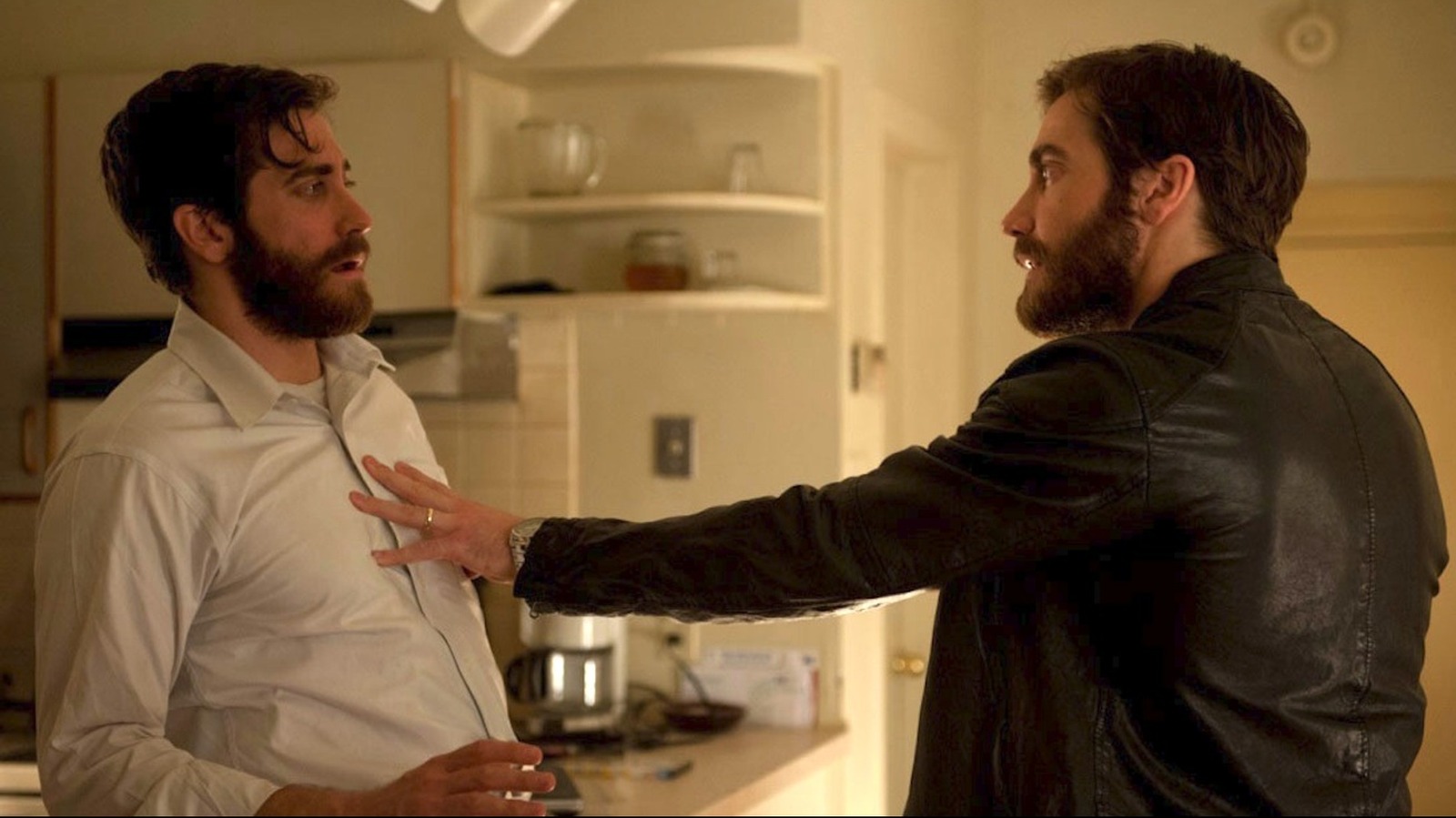
“Enemy” is loosely based on José Saramago’s 2002 novel “The Double,” which dives into the unutterable horror of becoming aware of a mirrored self that is identical yet distinctly different, leading to a crisis strong enough to uproot the laws of reality. Doubles rarely find a way to peacefully co-exist; the laws of self-preservation dictate that only one can remain, lest the chaos descends into something unfathomably Kafkaesque. “Enemy” sets up this tension by emphasizing the vast differences between Adam and Anthony. One is mired in existential malaise even before he meets his identical twin, and the other maintains his confident, caustic toxicity even after discovering the truth. Anthony’s wife, Helen (Sarah Gadon) is distressed after learning about Adam, amidst tensions over Anthony’s repeated infidelities even while she is pregnant. When Adam pretends to be his double and approaches Helen, she can see right through him and seems to prefer the gentler, kinder version of her husband.
However, “Enemy” is not about identical twins, but a schism in the subconscious, where two warring selves fail to remain in control of their innate impulses. Every visual and subtextual clue points to the fact that Adam and Anthony are the same person, fighting for dominance over a singular existence that gets divided into two. Let’s keep the words of his mother (played by Isabella Rossellini) in mind: at first, she points out Adam’s lack of control over his life, underlining his unkempt appearance and general dissatisfaction, but later, she alludes to the same dissatisfaction in a different light. She talks about him giving up on his dreams of becoming an actor, and how he’s discontent despite having a respectable job as a history professor. But what does this mean?


Leave a Reply